Government relief packages for small businesses are being implemented around the world to assist businesses impacted by COVID-19. Sectors in equipment finance such as construction, transportation, and thousands of other small businesses are confronting economic devastation. Businesses are seeing construction contracts delayed while supply chains are shut down and slowing down the need for transportation.
Below, we list available government relief packages for small businesses. This includes the United States and the United Kingdom as resources to help keep you informed.
U.S. CARES (Coronavirus, Aid, Relief, and Economic Security) Act
Due to the impacts of COVID-19, the Federal Government signed into law two pieces of legislation to help small businesses. The CARES (Coronavirus, Aid, Relief, and Economic Security) Act provides $376 billion in Small Business Administration (SBA) loans. In addition, the government qualifies you as a small business if you have under 500 employees. The government has also declared all 50 states as disaster areas. This means no matter where your company is located, you can apply for a loan.
Two Key SBA Government Relief Packages for Small Businesses
- Paycheck Protection Program (PPP) – The Paycheck Protection Program will help keep workers on the payroll.
Under the PPP loans, the SBA is granting small businesses up to $10 million. The SBA will forgive all loans if businesses keep employees on the payroll for eight weeks. Businesses must use the money for payroll, rent, mortgage, or utilities.
Then once the loan is secure, you will track all expenses for the next eight weeks. After the eight weeks, you will return your expenses to the lender for them to document. Lenders can start processing loan applications as soon as April 3. The program will be available through June 30.
To secure a PPP loan, you will need to apply through an SBA-certified lender.
- Economic Injury Disaster Loan (EIDL) – The purpose of the EIDL program is to extend low-interest credit to small businesses that have been impacted by disasters.
The Economic Injury Disaster Loan is an existing loan that has operated under the U.S. Small Business Administration since 1953 (SBA Act). The COVID-19 pandemic was declared a disaster, allowing businesses affected by COVID-19 to apply for an EIDL.
There are a few modifications to the EIDL under the CARES Act. The SBA is easing their requirements to qualify for an EIDL. The SBA will provide a $10,000 advance of economic relief to businesses that are experiencing temporary hardships. Also as a business owner, you won’t need to repay the cash advance even if the qualifying business is denied an EIDL. The advance will just be rolled into a PPP loan and subtracted from the amount that gets forgiven.
To apply for an EIDL, you will need to apply through the SBA website. Businesses will need to complete an application within three days to qualify.
U.K. CBILS (Coronavirus Business Interruption Loan Scheme)
The UK government unveiled the CBILS (Coronavirus Business Interruption Loan Scheme) on March 23 to help small businesses. As a result, the CBILS is a new scheme that can provide facilities of up to £5m for smaller businesses who are having disruptions in cash flow during the coronavirus outbreak. The CBILS supports wide range of businesses to access finance products including short-term loans, overdrafts, invoice finance, and asset finance.
Six key features of the CBILS include:
- Guarantee facilities up to £5 million: This is available on repayment terms up to six years for term loans and asset finance. It is available for up to three years for overdrafts and invoice finance facilities.
- Security: CBILS supports lending to small businesses even if a lender considers there to be sufficient security. This means that where there is insufficient security, the lender can most likely take such security in support of a CBILS facility.
- Facilities under and above £250,000: Personal guarantees for facilities under £250,000 cannot be taken. Personal guarantees over £250,000 will be under the lender’s discretion. Recoveries under these are capped at 20% of the outstanding balance of the CBILS facility after the proceeds of business assets have been applied.
- 80% guarantee: The CBILS scheme provides the lender with a government-backed, partial guarantee of 80% against the outstanding balance of the facility.
- No guarantee fee for SMEs to access the scheme: The UK government will make a Business Interruption Payment to cover the first 12 months of interest payments. Small businesses will not have to pay a fee to access the scheme. Lenders will have to pay a small fee to access the CBILS.
- The borrower always remains 100% liable for repayment of debt: Under the CBILS, the borrower will ultimately be liable for repayment of the debt.
LTi Client Hub for Additional Resources
Along with these resources about government relief packages for small businesses are valuable insights on LTi’s new online HUB. The HUB offers our customers new features and how-to videos to adapt to new challenges they are facing during COVID-19. Furthermore, the HUB also allows customers to interact with LTi subject matter experts. Our SMEs provide guidance on using ASPIRE to resolve the higher-than-normal volume of customer service requests during this time.

